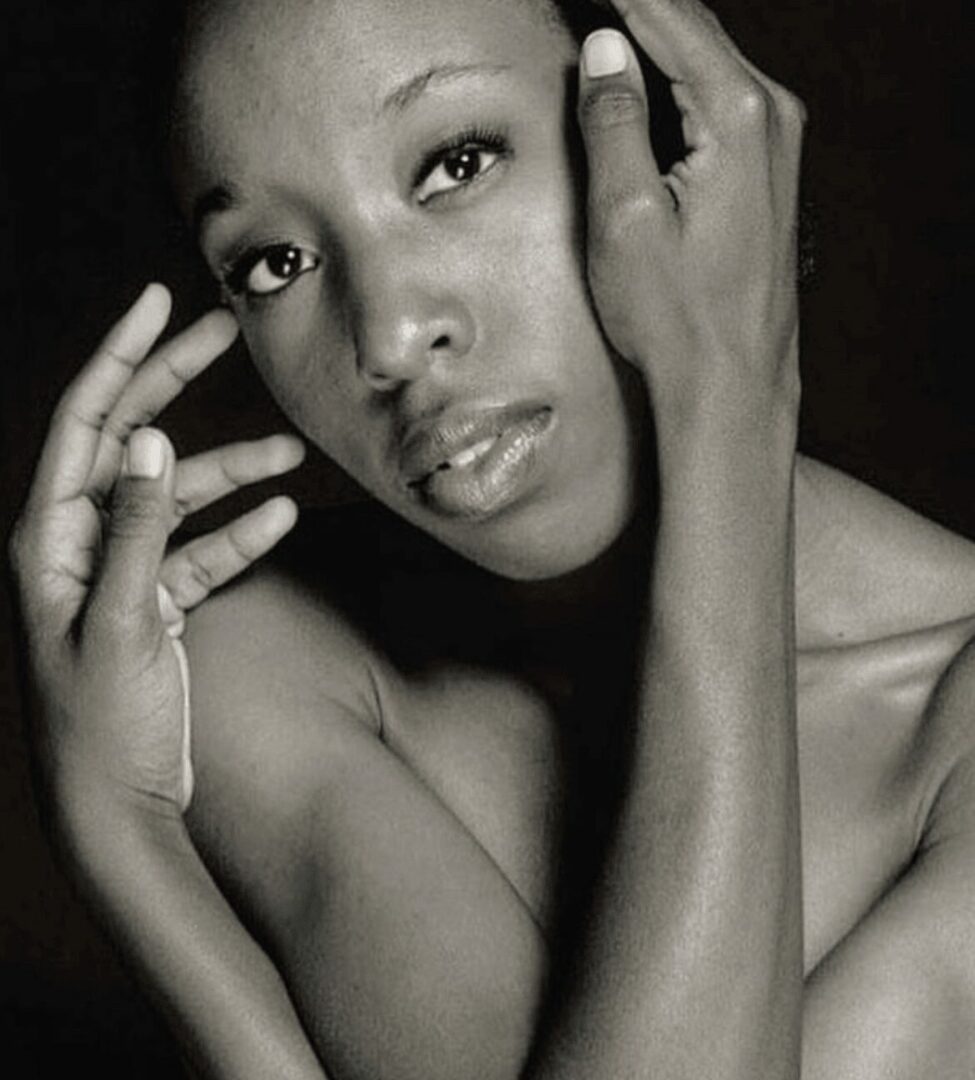We were lucky to catch up with TRINITY COX recently and have shared our conversation below.
TRINITY, thank you so much for joining us today. Let’s jump right into something we’re really interested in hearing about from you – being the only one in the room. So many of us find ourselves as the only woman in the room, the only immigrant or the only artist in the room, etc. Can you talk to us about how you have learned to be effective and successful in situations where you are the only one in the room like you?
Thankfully, I have never hinged my diligence or production on whose in the room, even when I was afraid and just starting out. From the perspective of being a minority dancer in the room, I developed an understanding of integrity and regality for my work. From the perspective of those who sit at the front of the room, their presence only makes me excited to share what I have to give the world. At the end of a masterclass or networking event I’d wonder if I made complete strangers proud and that’s because from the age of 13 I grasped the concept of being a leader and what it would look like to carry a great dance legacy.
I was in the 6th grade when I saw my first professional dance photograph. It was of Alvin Ailey’s Linda Celeste Sims. That one image imparted a different flame of passion into me. Although I knew I loved dance, then, I became a different version of an “aspiring artist”. That all carried me to this very point in my dance career, advocacy, coaching and mentorship.
I have been helped and celebrated by people who look nothing like me. I’ve also learned that excellence has no limits. Therefore, it does not limit those who can recognize and appreciate it no matter how I look. I’ve learned to be successful even when I am the only one who looks like me in the room by exploring and serving the work more than anything else. I truly love what I do! I also embrace all that I have and all that I am no matter the space. Sometimes I can see that my presence and ability surprises people because I’m black. It’s fun to watch them look shocked.
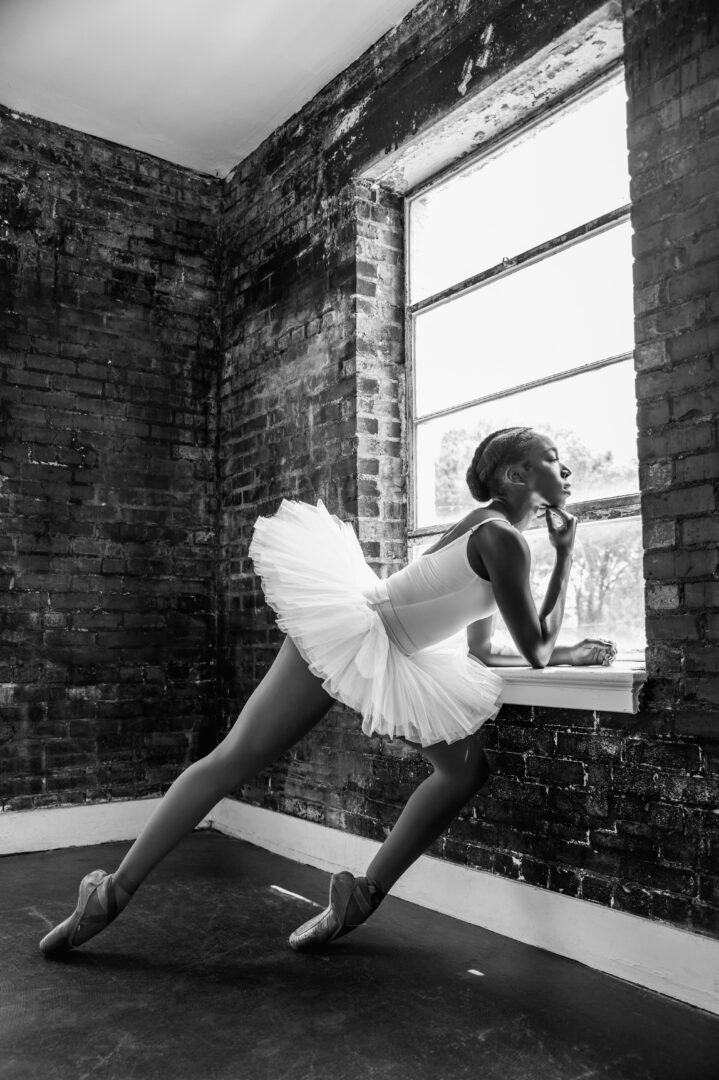
Let’s take a small detour – maybe you can share a bit about yourself before we dive back into some of the other questions we had for you?
Alongside my own career I have taken up the task of helping dancers create and sustain their own professional careers by becoming valuable and leading industry artists. I have a network called The Dance Career Coach, catered to collegiate, pre-professional and early career dancers. Through this network I have a mentorship program where I coach dancers through a curriculum circling 5 basic concepts often forgotten about in this new generation of dance. It ensures success with boosting confidence, increasing the artist’s value and essentially being able to actually get hired after college or training programs.
I’m really excited about TDCC because I started it from my heart. I saw a gap in the nurturing and cultivation of “the middle dancer”, those who’ve gone through a college or professional training program but still find it difficult to get hired full time in a dance company or on projects. Most dancers think all it takes to make it is perfect technique but there are a countless talented dancers. What will make you stand out? So, the mentorship program is a more in-depth, one-on-one setup for dancers. I create a personalized strategy based on dancer’s needs, dreams, training— we attack the plan of actions together. It is a 4-week program and it’s a great time.
Also, I’ve most recently launched a course that teaches dancers how to use those 5 concepts I mentioned earlier. I call them “Timeless Dance Gems” so that’s the name of the course. It’s not as hands on as mentorship but you learn the “secrets” for your dance career and how you can implement them. Dancers have the course forever after a one-time purchase so that’s great! I’m pretty excited about all of it. There is a need so i’m doing all I can to fulfill it.
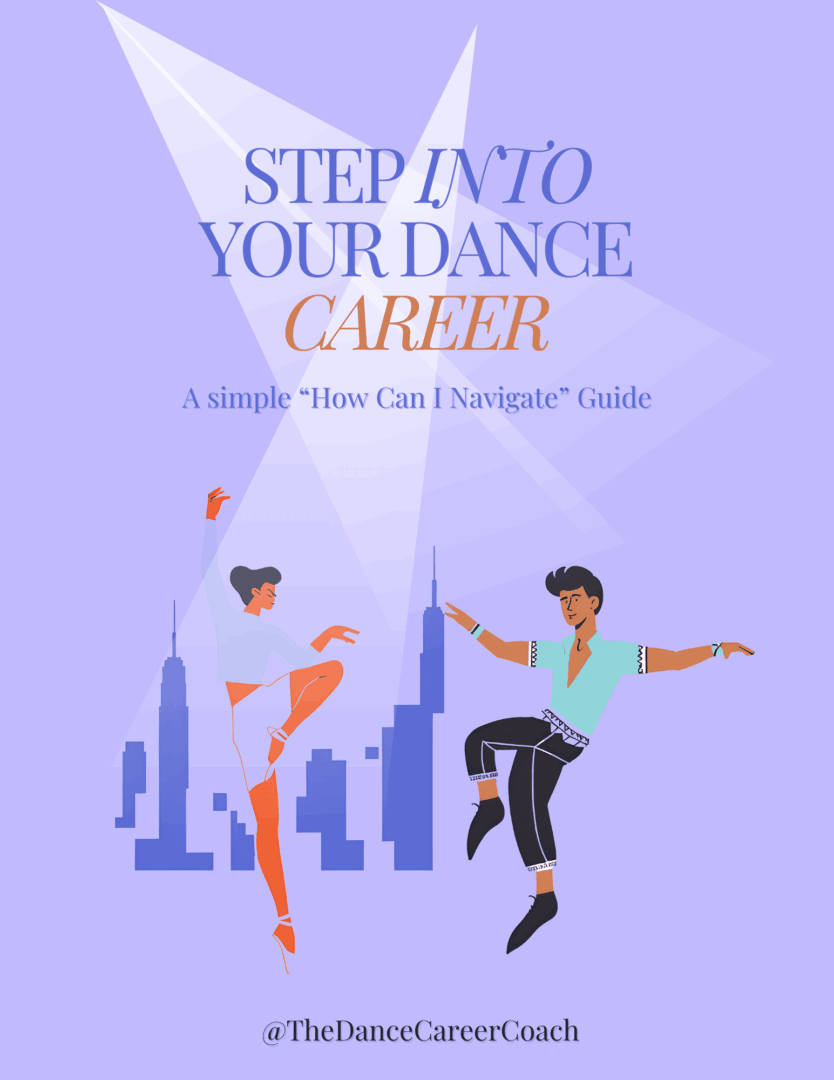
If you had to pick three qualities that are most important to develop, which three would you say matter most?
Teachability. Focus. Truth.
The best way to develop teachability is to be humble and present. Contrary to the term “professional”, you should not stop learning once you enter that realm. I teach dancers to begin honing in on their professionalism before they even get a job. This allows you to step into that contract with ease of transition. Professionalism also looks like understanding you can learn from anyone.
As for focus, you have to be clear about what you want. This heavily impacts the way you show up and train. It even affects the way you perform. Did you know your focus or lack thereof can also show up in classes or auditions? When directors see your focus, it can change the game for you.
Truth. Being honest about where you are in your execution and ability. It does not help— pretending to be someone you are not. It’s okay if you aren’t there YET. You can achieve greatness but you have got to be honest with yourself.
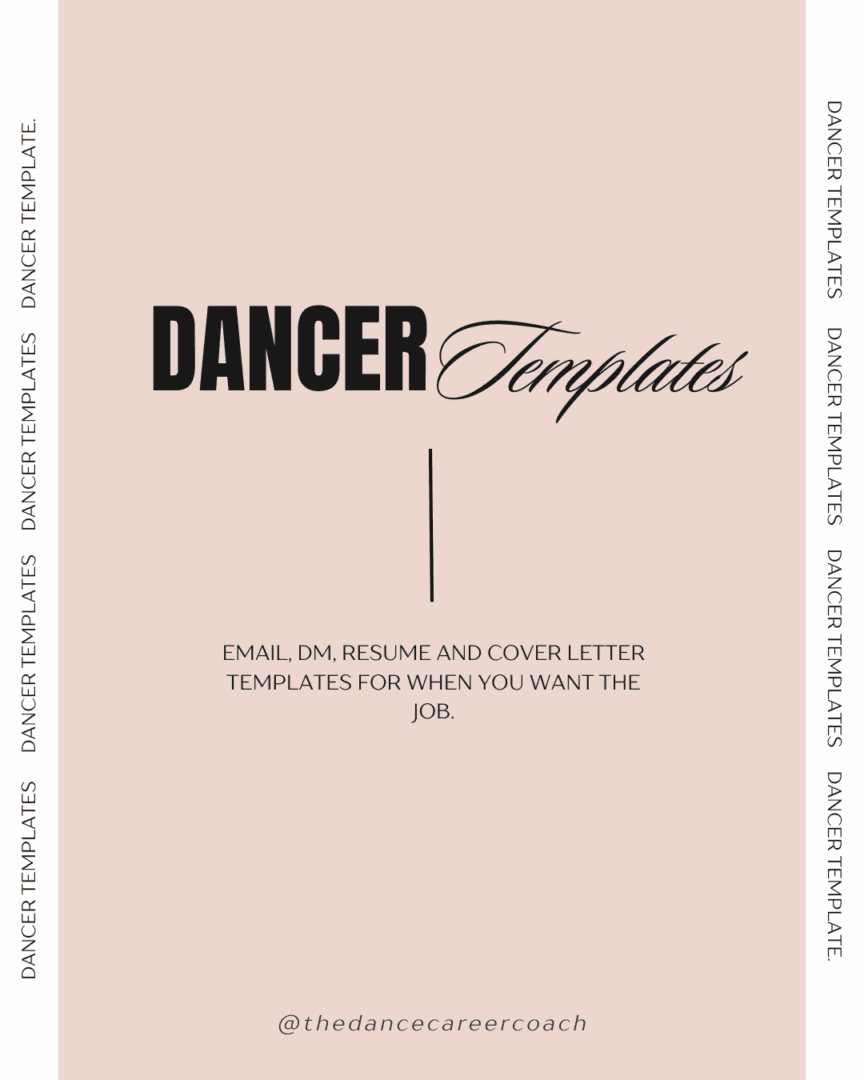
How would you describe your ideal client?
My ideal client are dancers who need a chance. I’d like to work with dancers who are passionate about the art and craft of dance and who are serious about becoming professionals. I know thousands of people dance recreationally but there are a remnant of people who dance because they have to, and they want to share with the world one of their greatest passions. I want to mentor dancers who don’t want to waste their dance degree or years of training and if during that process they realize they actually want to help change the world with their art, that’s even better!
Contact Info:
- Website: https://linktr.ee/Trinitycoart?lt_utm_source=lt_share_link#368847586
- Instagram: https://www.instagram.com/thedancecareercoach/?igsh=ZWd6emkxOG4zdnEz&utm_source=qr
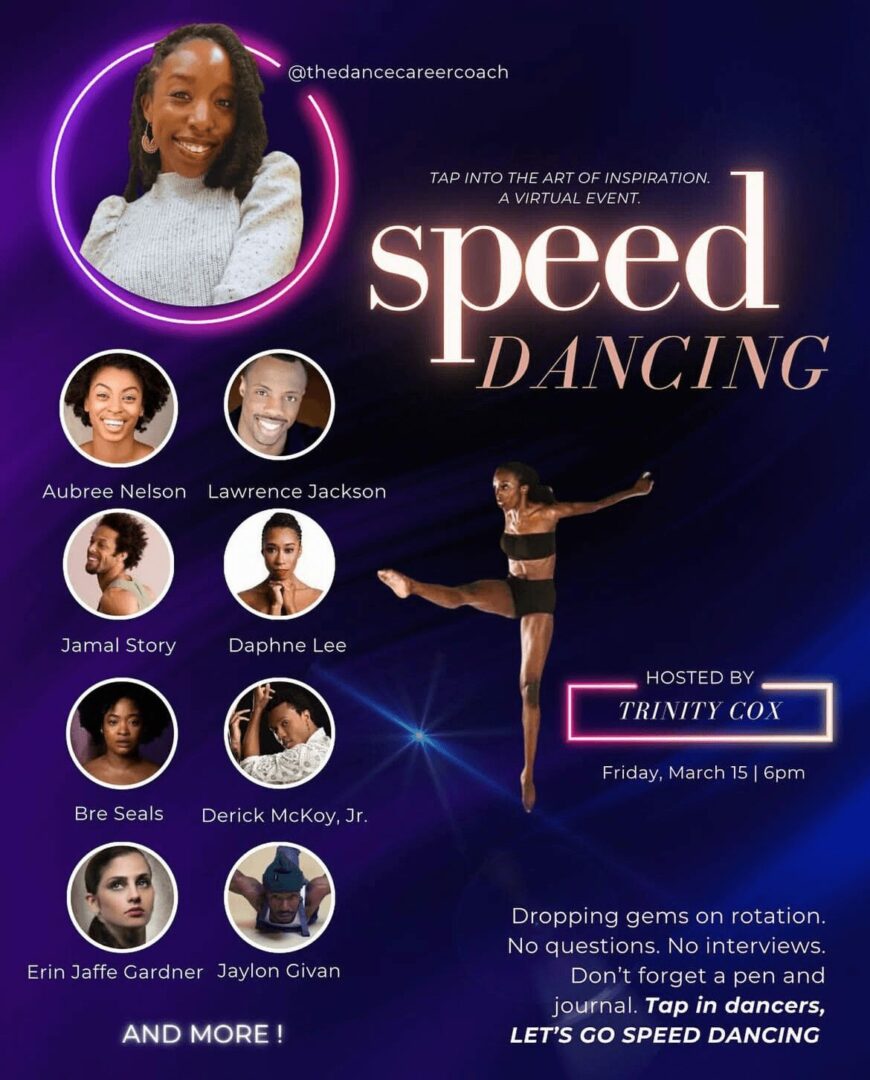
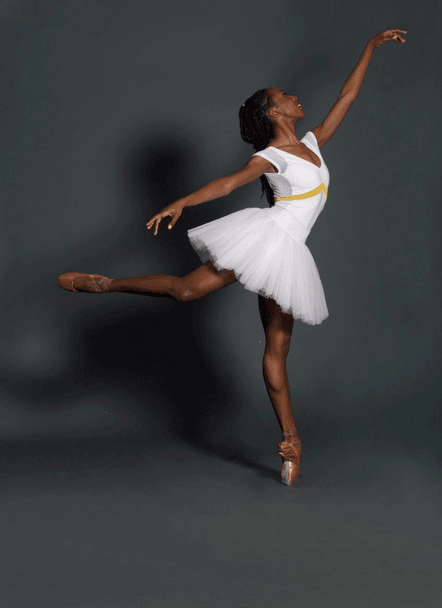
Image Credits
Image with grey background: Nystasha Kelly
so if you or someone you know deserves recognition please let us know here.

